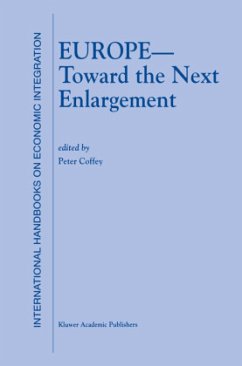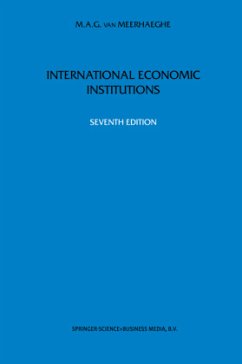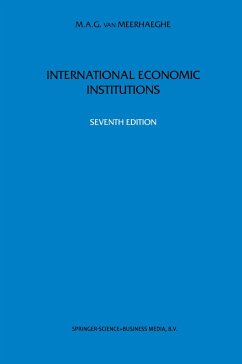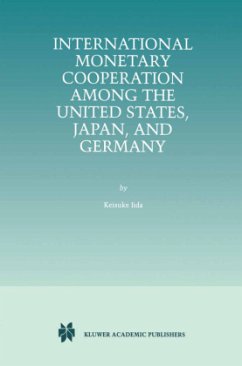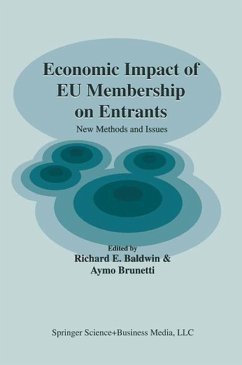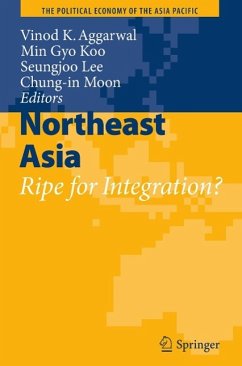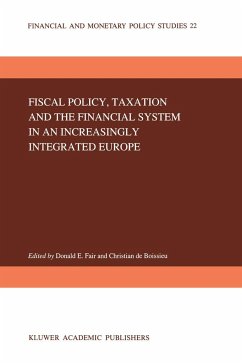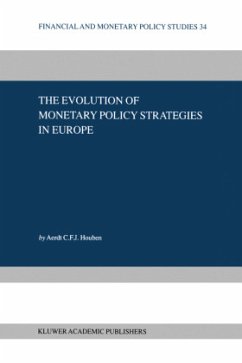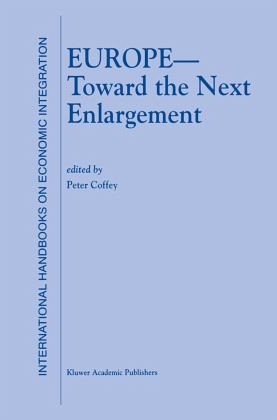
Europe - Toward the Next Enlargement
Versandkostenfrei!
Versandfertig in 1-2 Wochen
77,99 €
inkl. MwSt.

PAYBACK Punkte
39 °P sammeln!
by Peter Coffey THE BACKGROUND Once again, Europe finds itselfata majorcrossroads. In January, 1999, the Euro, the European currency, was launched. This major undertaking does reaffinn the EuropeanUnion'scommon international monetarypersonality whilst further deepening the integration process in Western Europe. The launch of the Euro has gone hand-in-hand with an intensification of the negotiating process between the European Union (EU) and a number of countries of Central and Eastern Europe and Cyprus which are seeking membershipofthe EU. These countriesare divided into two groups, i. e. the ...
by Peter Coffey THE BACKGROUND Once again, Europe finds itselfata majorcrossroads. In January, 1999, the Euro, the European currency, was launched. This major undertaking does reaffinn the EuropeanUnion'scommon international monetarypersonality whilst further deepening the integration process in Western Europe. The launch of the Euro has gone hand-in-hand with an intensification of the negotiating process between the European Union (EU) and a number of countries of Central and Eastern Europe and Cyprus which are seeking membershipofthe EU. These countriesare divided into two groups, i. e. the so-called "frontrunners" (Cyprus, the Czech Republic, Estonia, Hungary, Poland and Slovenia), and the "others" (Bulgaria, Latvia, Lithuania, Malta and Romania). The accession negotiations with the first group have pro ceeded rather swiftly. Now, the second group ofcountries wishes to move into the first one. PRINCIPLES AND CRITERIA FOR MEMBERSHIP Basicallyspeaking,countries fulfilling the following criteria may apply for membershipofthe EU: 1. they mustbe (geographically speaking) Europeancountries, XIV Europe - Toward the Next Enlargement 2. theymust have a multi-party parliamentary democracy, 3. they must have a market-type economy, and, 4. they must respect human rights. These are obviously very basic criteria, thus at the Copenhagen Summitof 1993, they were further refined with an eye to the future enlargement eastwards - of the EU. In some ways, this listofcriteria obscures someofthe real basic problems which future Member States face in the process of the negotiations for membership. Basically, these countries must accept the three fundamental treaties, i. e. , the Rome, Maastricht and AmsterdamTreaties.





